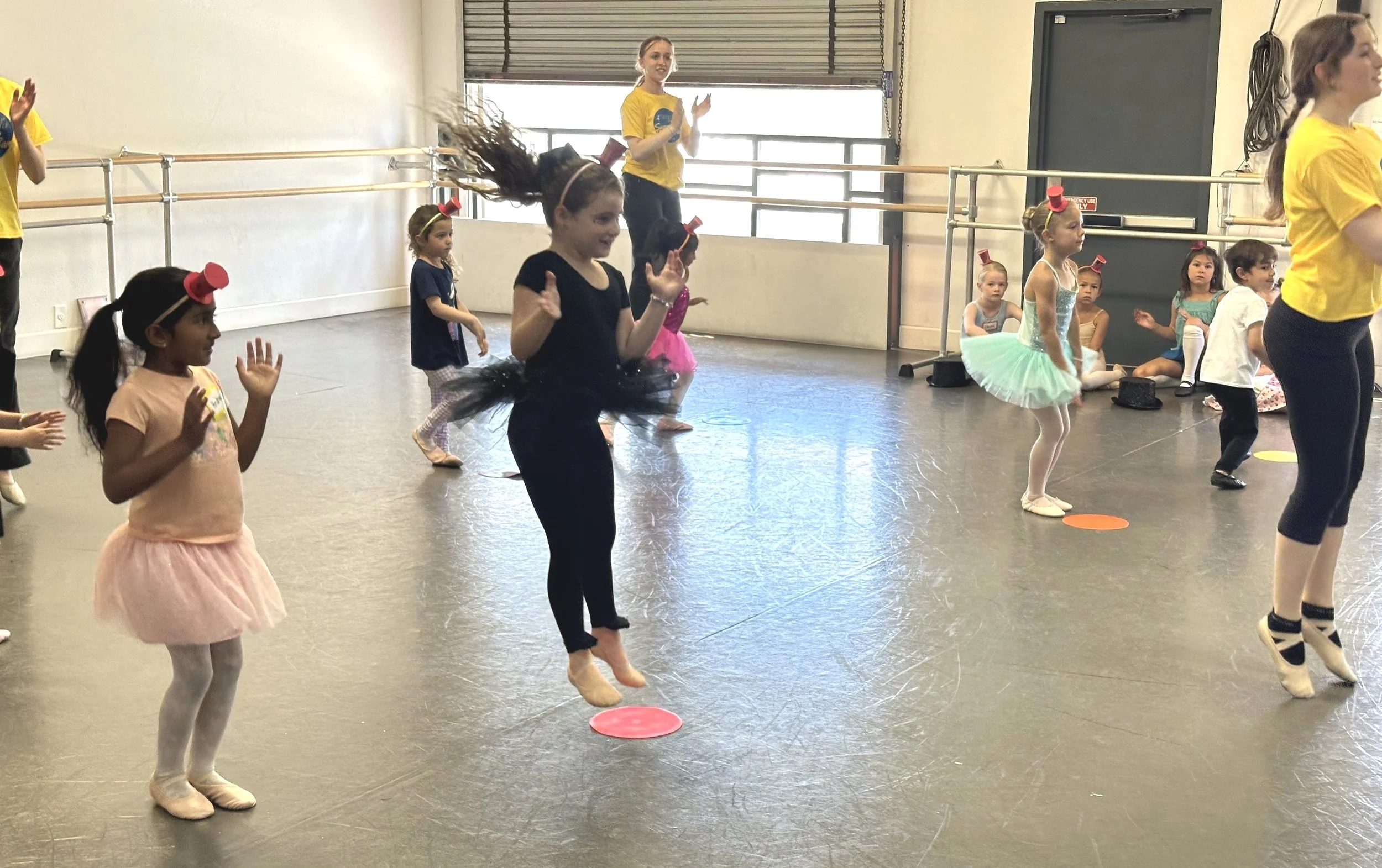Why Kids Need to Balance Screen Time With Real-World Activities
2024 Summer Dance Camp Performance
In today’s digital world, it’s easier than ever for children to spend long stretches of time glued to screens, whether it's a tablet, smartphone, TV, or video game. But while technology can be educational and entertaining, too much screen time for kids can negatively affect their physical, cognitive, and emotional development. Striking a healthy balance between screen use and real-world activities is key to healthy child development.
Physical Health: Encouraging Movement and Sleep
Children who spend excessive time in front of screens are at greater risk for sedentary lifestyle-related issues such as poor posture, obesity, and reduced cardiovascular fitness. Screen time often displaces physical activity, which is crucial for growing bodies. But that’s not all: The blue light emitted from screens can disrupt melatonin production, leading to trouble falling asleep and staying asleep. This negatively impacts a child’s energy, attention span, and mood throughout the day.
Being consistent and diligent about limiting screen time for kids and balancing it with outdoor play, sports, dance (such as ballet lessons), or even household chores helps children build stronger bodies, healthier sleep habits, and better long-term physical health outcomes.
Cognitive Health: Boosting Creativity and Attention
Too much screen exposure, particularly to fast-paced content, may impact a child’s ability to concentrate and retain information. Excessive screen time can interfere with language development, attention regulation, and academic performance in younger children.
Conversely, thoughtfully chosen real-world activities engage different parts of the brain and stimulate curiosity. Parents should prioritize imaginative play, reading, and hands-on learning. These activities help children develop problem-solving skills, memory, and creativity in a way digital tools and toys cannot. For example, taking ballet lessons not only boosts physical fitness in your child but also real-world learning, communication skills, self-discipline, and naturally, creative interpretation and expression.
Emotional and Social Development: Fostering Real Connections
While screen time can be isolating, face-to-face interactions teach children vital emotional and social skills. Kids who spend more time away from screens show better emotional regulation, higher self-esteem, and stronger relationships with family and peers.
In-person play and conversations help children practice empathy, communication, and cooperation — skills that are essential for long-term emotional well-being. Fostering balance supports children's emotional intelligence and helps them feel more grounded in real-life experiences.
Simple Steps Toward a Healthier Balance
Parents don’t have to completely eliminate screens to help their kids thrive. The key is intentional use and consistent boundaries. Families can build screen-free routines that prioritize reading, outdoor play and other forms of physical activity, and eating meals together. If needed, screen-time detoxes can help families reconnect and reestablish healthy habits.
Improve Your Child’s Wellness With Southern California Ballet
Southern California Ballet (SCB) is a world-class dance facility in San Diego that trains dancers for a professional career, empowers people for a life of success, and welcomes the community to be part of an extraordinary experience. Our mission is to empower aspiring dancers to reach their full potential and elevate the community through inclusive, supportive educational programs and imaginative performances.
SCB offers enriching summer dance camps that combine technical training with creative activities. Students engage in ballet classes, craft sessions, and group dances, culminating in an in-studio presentation for parents. These camps provide a supportive environment where dancers of all levels can thrive. Enroll your child today!
SCB’s training philosophy has been carefully honed by its artistic directors with the goal of providing effective, healthy, and foundational ballet training. We offer classes for people of all ages (4 years old and up). Learn more about our classes and levels, and reach out to join our academy today!

